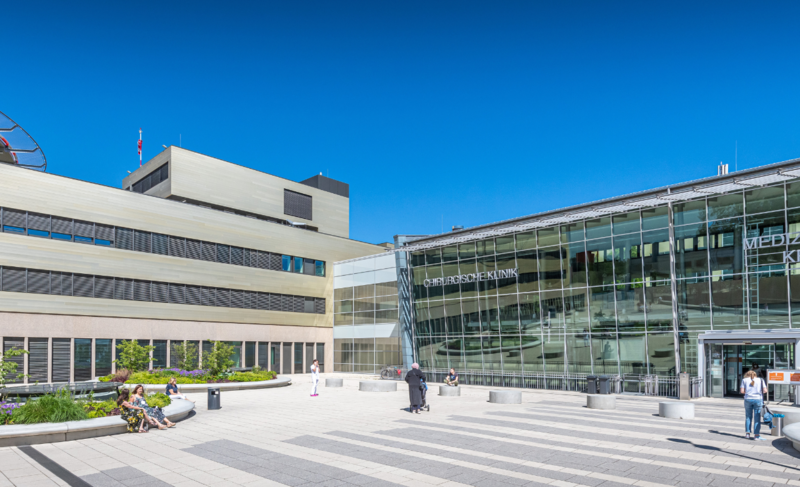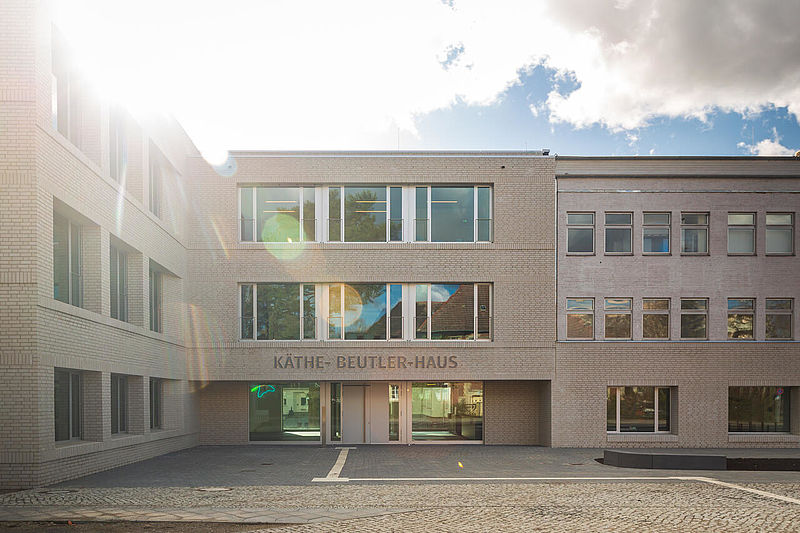The heart is much more than a pump and the vessels much more than transport routes: together they form a communication centre that exchanges information with all other organs. These complex communication signals have hardly been researched so far - even though they play a major role in determining whether our organs stay healthy or get sick. The newly founded Helmholtz Institute for Translational AngioCardioScience (HI-TAC) in Mannheim and Heidelberg aims to change this.
The Helmholtz Senate decided yesterday that HI-TAC will begin work in July 2023. Following a start-up phase, the annual budget will be around 5.5 million euros from 2028. The money will be provided by the Helmholtz Association, the Max Delbrück Centre, the state of Baden-Württemberg and the University of Heidelberg. In addition to a new six-storey research building in Mannheim and new rooms in Heidelberg, there will also be co-working stations for exchange between Heidelberg, Mannheim and Berlin.
Early detection instead of repair
Scientists will explore how communication within the cardiovascular system and at its interfaces with the nervous and immune systems and metabolism can be harnessed to ensure that our organs remain healthy throughout life and that we can age healthily. "Diseases of the inner lining of the blood vessels are directly or indirectly responsible for two thirds of all deaths," says Professor Hellmut G. Augustin, designated founding director of HI-TAC. The way in which the condition of the blood vessels and the heart changes should serve as a kind of early warning system: It indicates whether health is at risk and should be counteracted with targeted therapies long before symptoms appear.
"By combining the individual strengths of the researchers at the MDC in Berlin and the University of Heidelberg, HI-TAC will become a driver of translation, including the early development of new drug candidates," says Prof. Dr. Johannes Backs, spokesperson of the DZHK Heidelberg/Mannheim site and Director of the Institute of Experimental Cardiology at the Medical Faculty of the University of Heidelberg. "Concepts are being developed with the aim of improving systemic health. In the future, we want to stop pathogenic signals that originate in the heart and blood vessels in order to prevent damage to other organs.
DZHK is a partner
The DZHK is one of several partners, including the European Centre for Angioscience at the University Medical Centre Mannheim (ECAS), the Department of Cardiology and Experimental Cardiology at Heidelberg University Hospital, the Berlin Institute for Health at the Charité (BIH) and the Charité - Universitätsmedizin Berlin.
Source: Joint press release of the Max Delbrück Center and the University of Heidelberg



